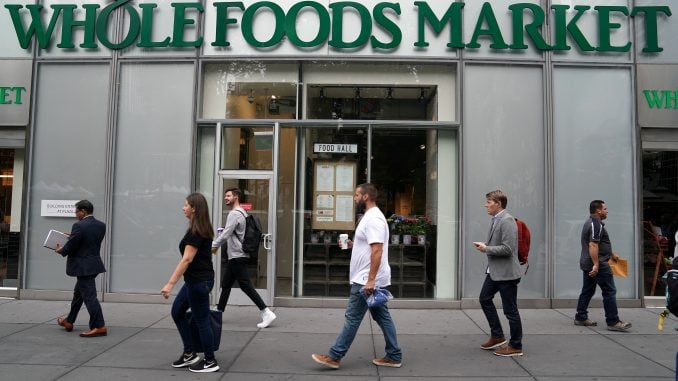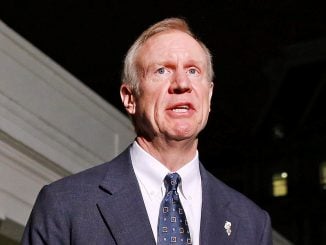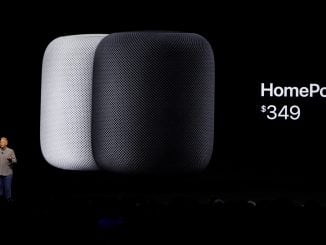
SEATTLE — Amazon announced on Friday that it will buy Whole Foods Market for approximately $13.7 billion, at $42 a share, as the online giant looks to conquer the grocery aisle.
Amazon.com, a Seattle-based corporation, was one of the first successful online stores, initially competing with brick and mortar bookstores like Barnes & Noble and Borders. Since 1994, Amazon has grown to become the largest internet-based retailer, expanding to include a wide range of products that include not only everything from home goods to fashion items, but also television, movie and music streaming services.
In the past few years, Amazon has been testing perishable grocery delivery to its Prime subscription members. Friday’s deal will allow the retailer to access Whole Foods’ market of urban, upscale customers and fresh, organic foods.
For Whole Foods, the acquisition allows them to tap into a successful distribution network and a partnership with deep-pockets.Kim Forrest, a senior equity analyst for Fort Pitt Capital Group in Pittsburgh, says this is an opportunity for Whole Foods to remain profitable in a time when the grocery industry is struggling due to food deflation.
“I think supermarkets should be very, very worried. It has not been a particularly good decade for them because of deflation,” said Forrest. “Amazon is going to deliver. This is the thing they’ve been missing, an ability to get fresh food closer to people.”
“Whole Foods is everywhere Amazon wants to be in cities where people spend money,” she continued. “They’re going to use Whole Foods as a distribution method to get fresh food to the home.”
In March, Whole Foods had a big board shakeup, tapping a new chairman and chief financial officer for the company. Stock has remained sluggish since early 2015.Brian Culpepper, a portfolio manager based in Ohio, says the purchase is all about the distribution, not the physical stores.
“You might still have people who like to physically go to a Whole Foods and pick out their produce, but if Amazon can figure out a way to deliver fresh organic produce at a price that is better than Kroger’s it will hard for others to compete.”
Culpepper says that the deal might also allow the two companies to compete with premade home delivery services such as Blue Apron and Hello Fresh.
“Amazon is slowly dominating every spectrum right now,” said Culpepper.
However, not everyone thinks that domination is a good thing. The Food and Water Watch, a nonprofit organization based out of Washington, D.C., says this mega-merger could translate to less access and higher prices for consumers.
“Too few companies already exert outsized influence over our food choices,” said the nonprofit in a statement. “This is extreme consolidation of the food system in action, which will lead to higher prices, fewer choices for consumers, and bigger profits for billionaires like its owner, Jeff Bezos.
“The top four grocery retailers already control 62 percent of food sales, raising prices and reducing choices for consumers.”The group called for the Federal Trade Commission to block the merger, but many point out that Amazon crosses socioeconomic lines, and this deal is simply their opportunity to tap into a new clientele.
“Everybody orders from Amazon, right?” said David Tawil, president of Maglan Capital in New York. “Amazon doesn’t have a particular emphasis on the luxury consumer, and maybe they want that exposure.”
At least as it relates to groceries, we now have an answer that Amazon is serious and when Amazon is serious, frankly there is no limit to what they can do in terms of disrupting the space … essentially relegating everything that currently exists in the business obsolete,” added Tawil.
Reuters News Service contributed to this article.



